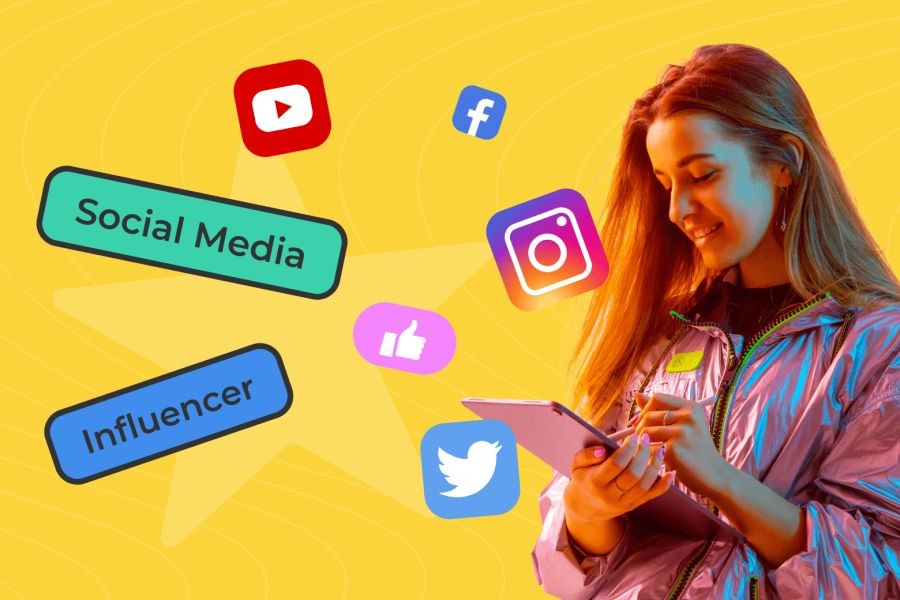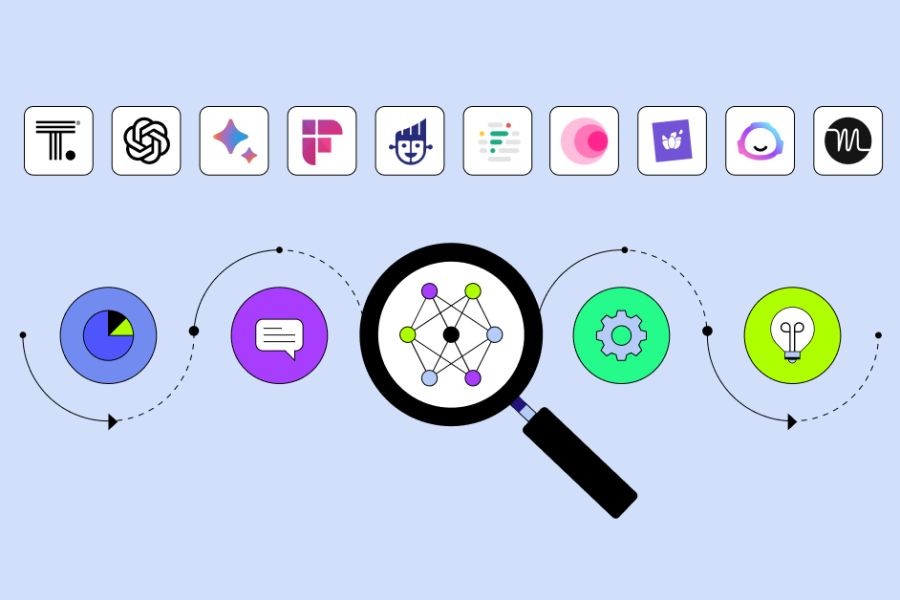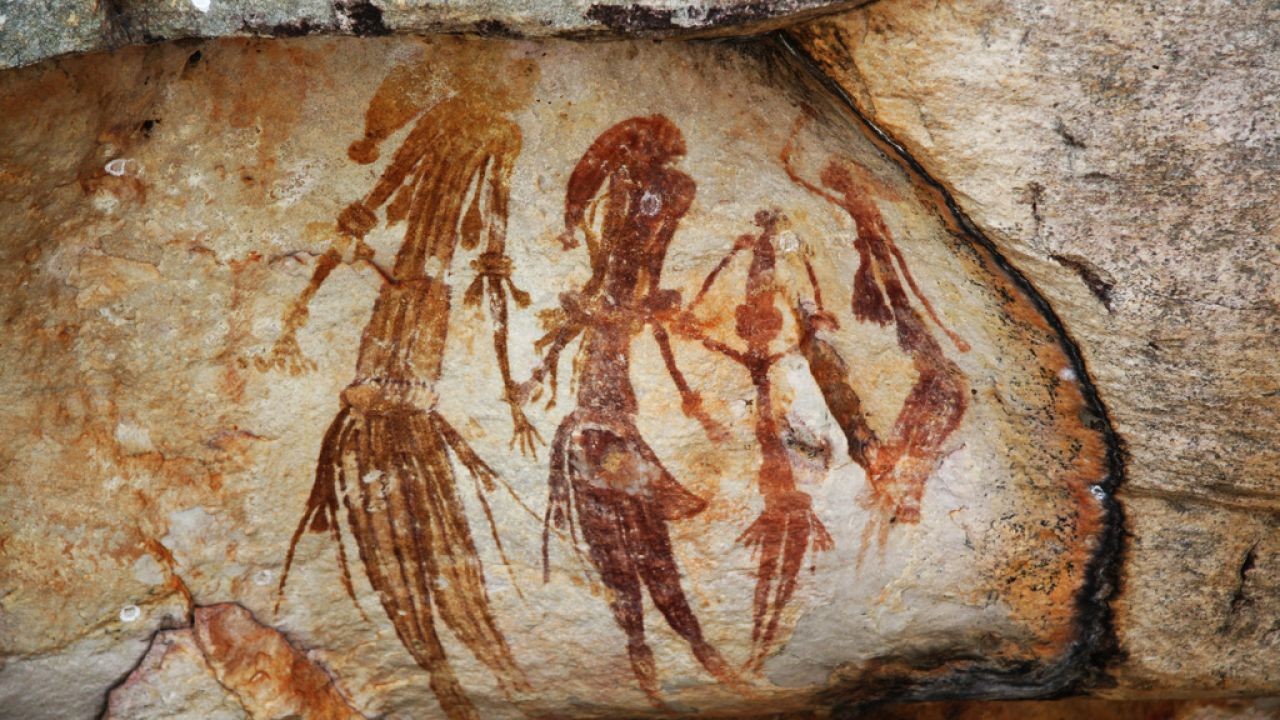In the evolving landscape of digital marketing, social media influencers have emerged as pivotal players, reshaping how brands connect with consumers. In New Zealand, this trend has gained substantial traction, offering unique opportunities for businesses across various sectors. Consider the case of a local skincare brand that, by collaborating with influencers, saw its online sales skyrocket by 300% within six months. This phenomenon isn't just a passing trend; it's a fundamental shift in marketing dynamics, deserving of attention from policymakers and business strategists alike.
The Influence of Social Media in New Zealand
New Zealand's digital landscape has witnessed a remarkable transformation, with social media platforms becoming integral to consumer engagement. According to Stats NZ, over 80% of Kiwis actively use social media, with platforms like Instagram, Facebook, and TikTok leading the charge. This widespread adoption has paved the way for influencers to wield significant clout, not only in shaping consumer opinions but also in driving purchasing decisions.
Local Context: Economic Impact
The surge in influencer marketing is not just a cultural shift but an economic boon. The Ministry of Business, Innovation, and Employment (MBIE) reports that the digital advertising sector, including influencer marketing, contributes significantly to New Zealand's GDP, with projections indicating continued growth. For businesses, this translates to an opportunity to tap into a lucrative market by leveraging influencers' reach and credibility.
Case Study: Aotearoa Skincare – Harnessing Influencer Power
Problem: Aotearoa Skincare, a boutique skincare brand based in Wellington, faced stagnant growth in an oversaturated market. Competing against established brands with larger marketing budgets, Aotearoa struggled to increase brand awareness and expand its customer base.
Action: The brand strategically partnered with local influencers who shared its values of sustainability and natural beauty. By aligning with influencers whose followers matched the brand's target demographic, Aotearoa Skincare launched a series of Instagram campaigns highlighting product benefits and testimonials.
Result: Within six months, Aotearoa Skincare experienced a 300% increase in online sales and a 150% growth in social media following. These results underscored the effectiveness of influencer collaborations in reaching and engaging potential customers.
Takeaway: This case exemplifies the potential of influencer marketing in amplifying brand visibility and driving sales. New Zealand businesses, particularly those in niche markets, can leverage influencers to differentiate themselves and build authentic connections with consumers.
Pros and Cons of Influencer Marketing
Understanding the advantages and challenges of influencer marketing is crucial for businesses considering this strategy.
Pros:
- Higher Engagement: Influencers often boast high engagement rates, with followers more likely to trust their recommendations.
- Cost-Effective: Compared to traditional advertising, influencer marketing offers a higher return on investment, especially for small businesses.
- Targeted Reach: Influencers provide access to niche audiences, allowing brands to tailor their messaging effectively.
- Authenticity: Influencers can humanize brands, creating genuine connections with audiences.
Cons:
- Brand Fit: Choosing the wrong influencer can lead to misalignment with brand values and audience expectations.
- Measurement Challenges: Quantifying the ROI of influencer campaigns can be complex without proper analytics tools.
- Reputation Risk: Influencers' personal controversies can negatively impact associated brands.
- Compliance Issues: Adhering to advertising regulations and disclosure requirements is essential to avoid legal pitfalls.
Debunking Myths About Influencer Marketing
- Myth: "Influencer marketing is only for big brands." Reality: Small and medium-sized enterprises (SMEs) can leverage micro-influencers, who often have higher engagement rates and more niche audiences.
- Myth: "Influencers are just celebrities." Reality: Many influencers are everyday individuals who have built credibility in specific niches, making them relatable and influential among their followers.
- Myth: "It's impossible to measure success." Reality: With the right tools and strategies, businesses can track key performance indicators (KPIs) such as engagement, reach, and conversion rates to assess campaign effectiveness.
Future Trends: The Evolution of Influencer Marketing in New Zealand
The future of influencer marketing in New Zealand is poised for exciting developments. As technology advances, influencers are likely to integrate augmented reality (AR) and virtual reality (VR) into their content, offering immersive brand experiences. Additionally, the rise of AI-driven analytics will enhance campaign personalization, allowing businesses to tailor their strategies more effectively.
Experts predict that by 2028, influencer marketing will account for a significant portion of digital advertising budgets in New Zealand, driven by the increasing demand for authentic and relatable content. Businesses that embrace these trends early stand to gain a competitive edge in the evolving digital landscape.
Conclusion
New Zealand's social media influencers are not just trendsetters; they are vital components of a successful digital marketing strategy. As businesses navigate the complexities of the digital age, embracing influencer marketing can offer significant rewards, from increased brand visibility to enhanced consumer trust. By understanding the dynamics of this powerful tool and aligning with the right influencers, Kiwi businesses can unlock new opportunities for growth and innovation.
What’s your take on the influence of social media in New Zealand? Share your insights below!
People Also Ask
- How does influencer marketing impact businesses in New Zealand? NZ businesses leveraging influencer marketing report 25%+ higher customer retention, according to MBIE. Adopting this strategy can enhance engagement and revenue.
- What are the biggest misconceptions about influencer marketing? One common myth is that influencer marketing is only for big brands. However, research from Stats NZ shows SMEs can significantly benefit from micro-influencers.
- What are the best strategies for implementing influencer marketing? Experts recommend starting with identifying the right influencers, followed by aligning brand values, and ensuring measurable KPIs for long-term success.
- What upcoming changes in New Zealand could affect influencer marketing? By 2026, policy updates in digital advertising could shift the influencer marketing landscape—stay ahead by adopting AI-driven analytics.
- Who benefits the most from influencer marketing? Influencer marketing benefits small businesses, niche brands, and startups, making it a strategic focus for businesses aiming for increased visibility and engagement.
Related Search Queries
- Influencer marketing trends in New Zealand
- Benefits of influencer collaboration
- How to choose the right influencer
- Impact of social media on NZ businesses
- Future of digital marketing in New Zealand









































ryedotty903149
3 months ago